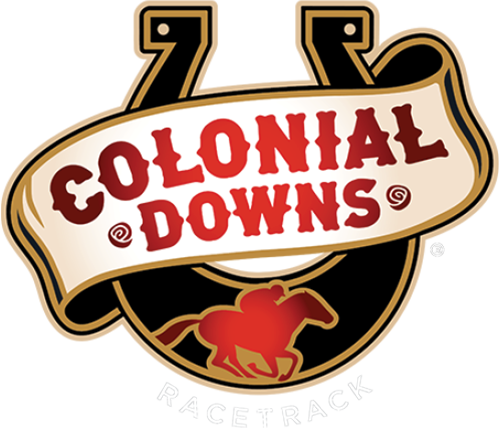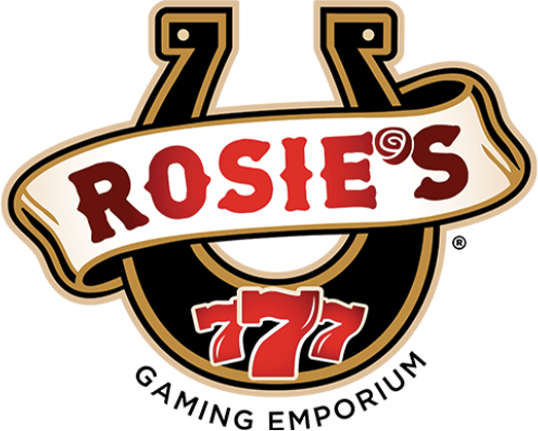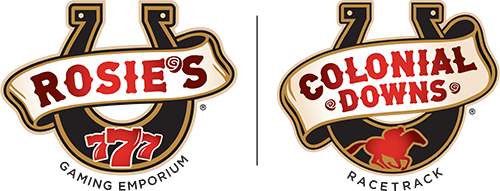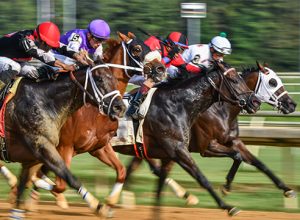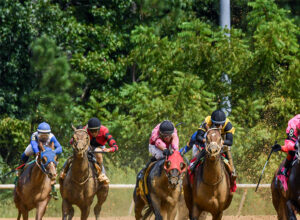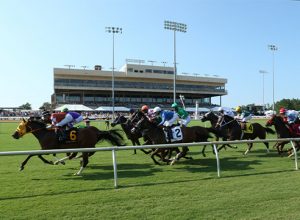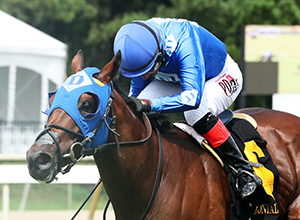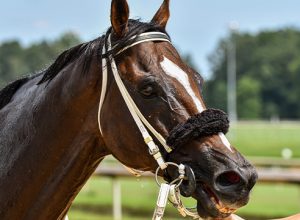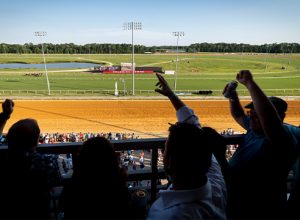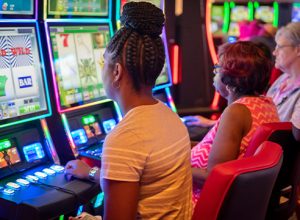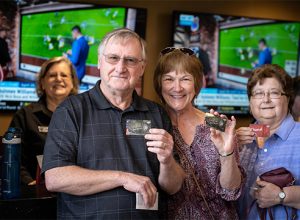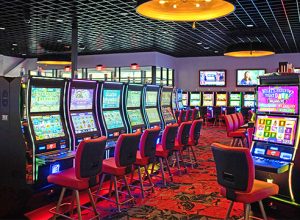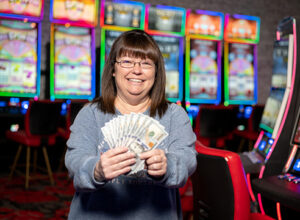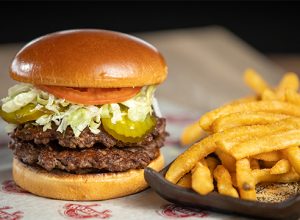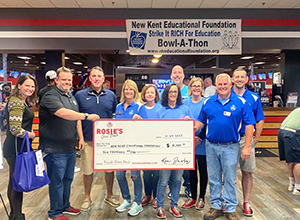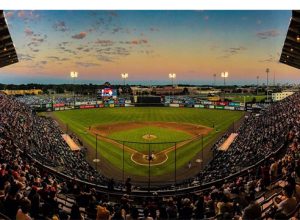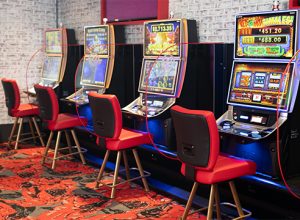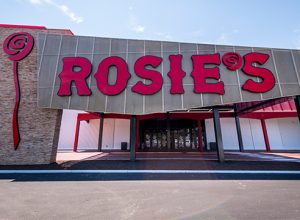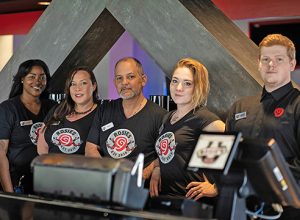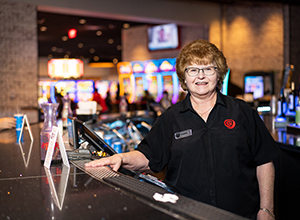Richmond City Council poised to sign off on South Richmond gambling parlor
Posted on October 5th, 2018
With a go-ahead from Richmond City Council likely Monday, Midlothian Turnpike could soon be the home of an off-track betting parlor.
The council appears poised to approve a resolution expressing its support for the owners of Colonial Downs to spend $41 million on a new facility at 6807 Midlothian Turnpike near the city line with Chesterfield County.
The vote is set days after a council committee unanimously endorsed the venture, which would bring hundreds of historical horse-racing machines to a long vacant South Richmond shopping center.
“They have done a model job in presenting their case and looking to be a community partner, not just a business entity within the city of Richmond,” said Michael Jones, who represents the area on the council and was initially hesitant to support the proposal.
Chicago-based Revolutionary Racing, the new operator of Colonial Downs, said it intended to buy the 140,000-square-foot former Kmart in July. The ownership group, which purchased the shuttered New Kent County horse track earlier this year, wants the South Richmond site to be one of several satellite parlors it opens across the state in 2019-20.
Historical horse-racing machines allow players to gamble on races that have already happened while hiding the horses’ names and other race details. The terminals resemble slot machines, but because the payouts come from pools of money generated by the players, they function under the same pari-mutuel wagering system used in live horse racing.
Proponents said the new gambling machines could be moneymakers that help reopen Colonial Downs, boost the state’s horse industry, and create state and local tax revenue.
Initially, Jones said he was concerned the betting parlor could result in crime and hurt property values in the area. After discussing the scope of the project with the group, he said, he now views the betting parlor as a potential catalyst for economic development in his district.
“Businesses go where there are people, where there are rooftops, where there is traffic,” Jones said. “As that happens, if we’re able to build some synergy, some commercial business synergy off of this, that will actually improve home values and the entire community.”
The betting parlor could bring more than 200 jobs and generate $2 million in tax revenue annually. Additionally, Revolutionary Racing has committed to support nearby Miles Jones Elementary School with $500,000 over five years.
“It seems like a really positive project for that corridor,” said Kristen Larson, who represents the neighboring 4th District.
As the council is prepared to register its support for the venture, a state commission is finalizing rules that would govern the facilities.
On Thursday, the Virginia Racing Commission released a new set of proposed regulations for historical horse racing. After the first draft of the regulations came out in July, the racing industry lobbied to have the rules loosened.
The revised regulations, which could be put to a vote Oct. 2, closely resemble the initial proposal. The Virginia Equine Alliance, a nonprofit coalition of horse-racing groups, had asked regulators to get rid of the 3,000-machine cap that limited how many terminals can be rolled out statewide. That cap remains in the edited regulations.
A separate rule that gave localities control over how many machines could be installed at off-track betting facilities was made more strict during the revisions.
Under the original rules, localities with populations of 120,000 or higher could have up to 700 machines, localities with 60,000 to 120,000 people would be capped at 300 machines, and localities with fewer than 60,000 people would have a 150-machine cap.
Without formal approval from the local governing board, the company could only install 35 percent of the maximum number of terminals allowed, which works out to 245 machines for big localities, 105 for medium-sized localities and 52 machines for small localities.
In the new proposal, the cap in localities that don’t give their approval was lowered to 25 percent of the maximum.
With Richmond seemingly ready to give its approval, the off-track betting parlor in the city could have up to 700 machines.

